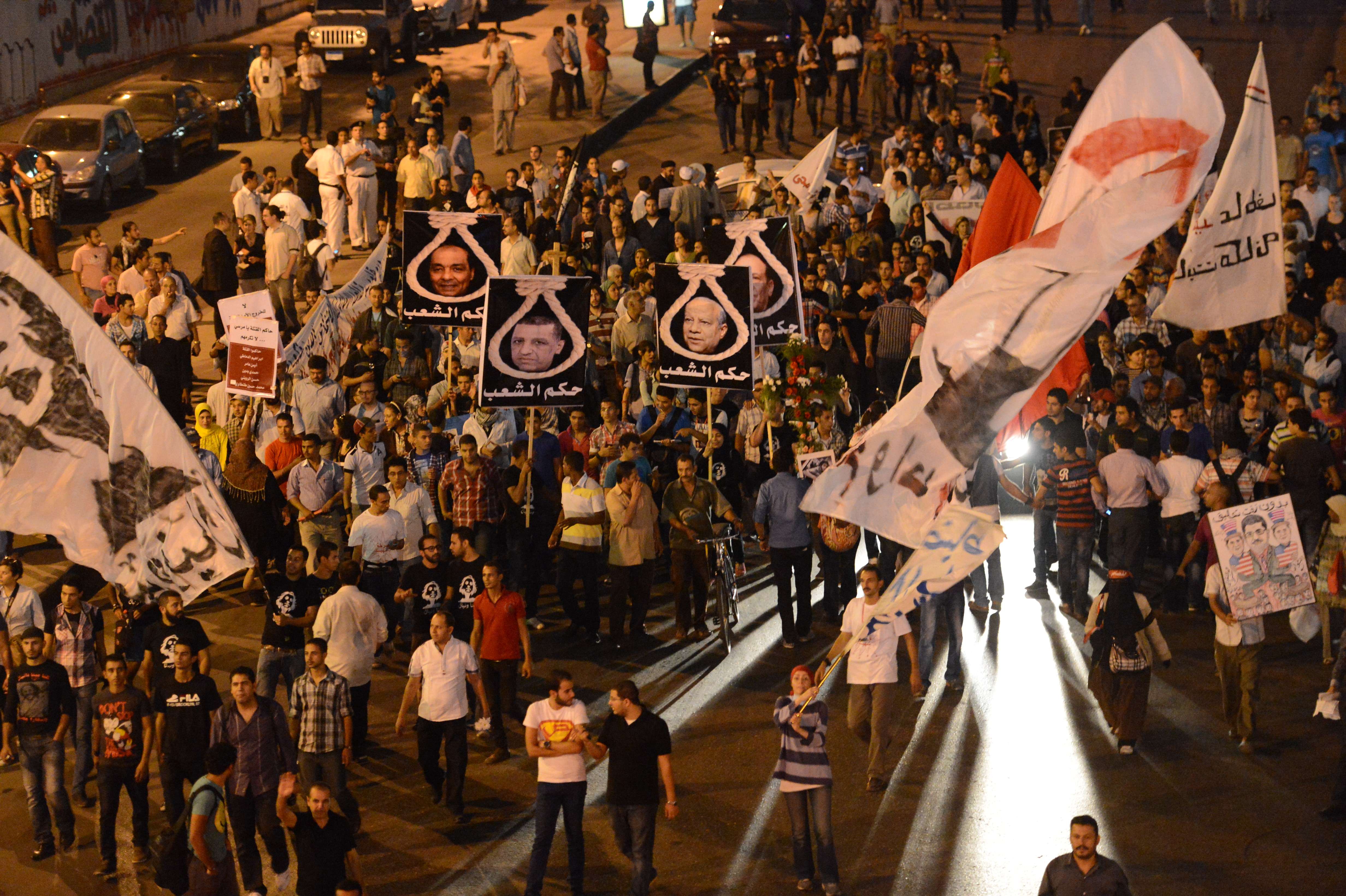CAIRO: The United Nations Children’s Fund (UNICEF) and the Youth Association for Population and Development (YAPD) celebrated Thursday the completion of the media training of the first group of students as part of its Media Clubs Project.
The project trains aspiring journalists on ethical reporting as well as technical multimedia skills. More importantly, it also gives them an opportunity to voice their opinions freely, UNICEF’s Gillian Wilcox said.
Hesham Barghouty, YAPD chairman, highlighted the importance of expressing oneself. “I always thought that people who work in the media belonged to a special caliber, but now we can say that our own youth are expressing themselves and voicing their opinions, it is a great transition.
“I wish I had that kind of opportunity, he said.
Barghouty pointed out that the project’s importance is not only limited to teaching students to express themselves, but also to feel their worth. “It is important for you to feel that you are of great value to Egypt, he said addressing the students.
Mohamed Gohar, chairman of Video Sat Cairo media center – an active participant in the project – drew attention to the media’s role as a bridge between cultures and encouraged the students to wield it as a tool to promote understanding.
“The media can make you look at things differently . we should use it to highlight the things we have in common rather than our differences, Gohar said.
Through learning, sharing and conveying information, the media can overcome conflicts and help build a better future, he added.
The UNICEF and YAPD have so far set up two Media Clubs in Qena and Cairo. Wilcox said the clubs are especially significant in Upper Egypt, where there aren’t enough resources for the media as a field.
At ages as young as 15, students were driven by their passion for journalism to join the program and are determined to continue in the field.
Passant Hegazy said through the program, she was taught how to handle a camera and report on the news. Although her dream of getting into the faculty of mass communications was quashed, she said, what she acquired from the program is much more than what she would have learned during four years of college.
The students’ graduation projects were presented during the ceremony. All three projects were short video features that employed the students’ professionalism while at the same time conveyed their innocent spontaneity.
For their subjects, the students chose to take on NGOs that help underprivileged areas as well as a nursery for children of Sudanese refugees.
The students were encouraged to reach out to other media hopefuls and help them with the experience and skills they have acquired.
“We hope many more young people join the program and we are counting on you to train and support them, Wilcox told the students.
On their part, media people attending the ceremony praised the student’s projects, with some volunteering to offer further training for the students.
The UNICEF urges Egypt to be part of the International Children’s Day of Broadcasting (ICDB), which is celebrated globally on March 1. Television and radio broadcasters can be part of Unite for Children: Tune in to Kids, and create special programming for the day or package existing programming as a marathon ICDB event.
UNICEF also calls on broadcasters to invite young people into their studios to host programs and talk shows.
